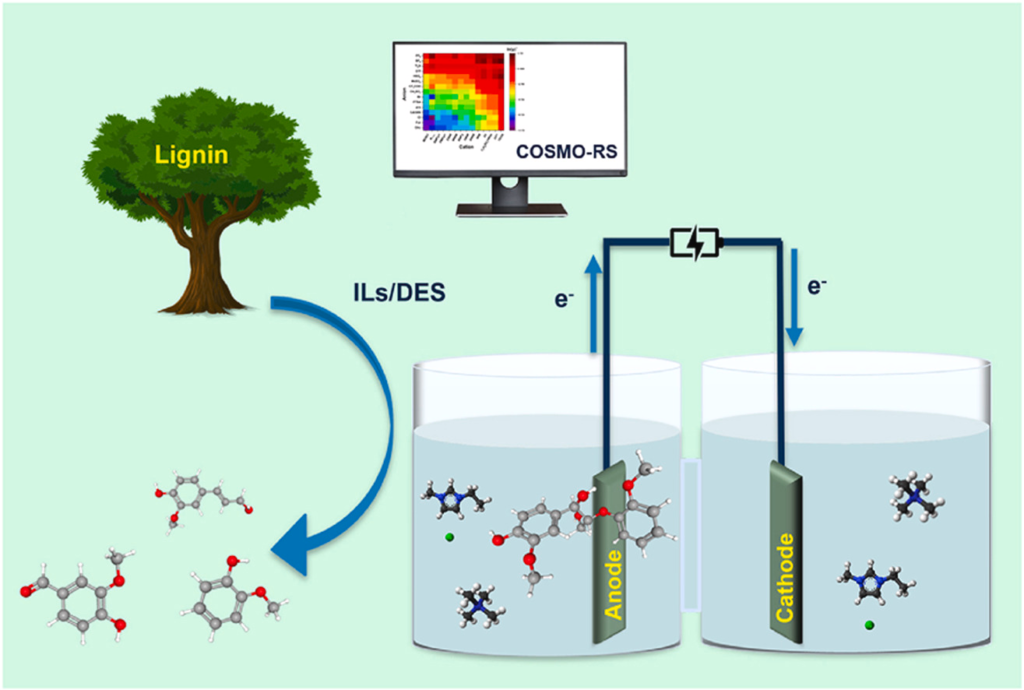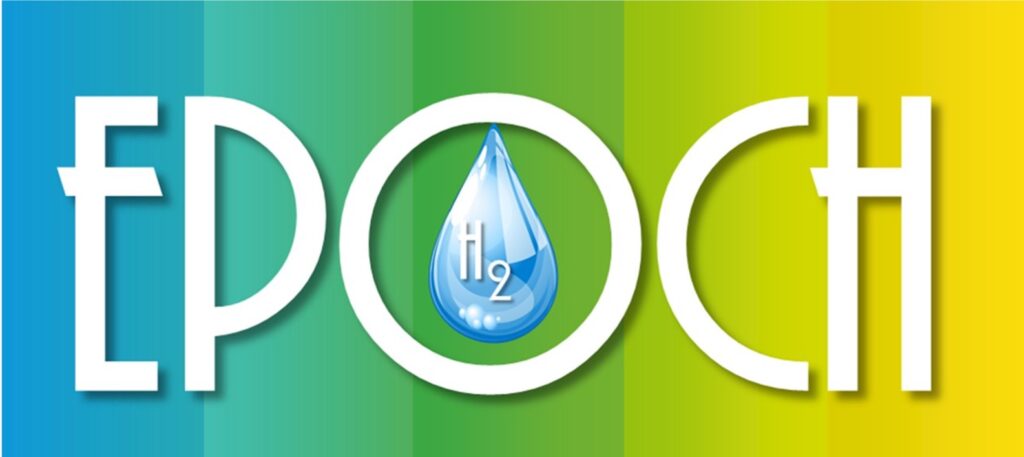The research paper was published (Biomass Bioenergy)
Mukesh, C., Huang, G., Qin, H., Liu, Y., Ji, X., 2024. Insight into lignin oxidative depolymerization in ionic liquids and deep eutectic solvents. Biomass and Bioenergy 188, 107305. https://doi.org/10.1016/j.biombioe.2024.107305
Abstract: Lignin is a biopolymer generated from the pulp and paper industry as a natural resource. Lignin valorization is advantageous for biorefineries to produce aromatic compounds, fragrance, biofuel, material, and commodity chemicals, which could be an alternative of crude oil-derived products. However, several barriers are involved in natural lignin extraction and depolymerization, which need to be solved for its full utilization. The electrochemical oxidative upgrading of lignin into the oxygenated molecule is a promising method, which cleaves the C–O and C–C bond by direct oxidative or indirect oxidative method. As promising solvents, electrolytes, as well as catalysts in organic synthesis and electrochemical processes, ionic liquids (ILs) and deep eutectic solvents (DESs) have gained significant attention as dissolution media and catalysts for lignin depolymerization. In this work, aromatic carbon-rich lignin macromolecule depolymerization in ILs/DESs was reviewed to gain a better understanding of barriers, covering the interaction of ILs/DESs with lignin structure, degradation mechanism, thermochemical and electrochemical transformations, as well as COSMO-RS theoretical modeling and screening. In-situ generation of free radicals as catalysts (reactive oxygen species or H2O2) for lignin degradation into value-added products was also discussed. All these studies give importance to ILs/DESs for thermochemical, electrochemical lignin cleavage and upgrading to value-added products for achieving sustainable future goals.
This study explores the use of ionic liquids and deep eutectic solvents in lignin depolymerization, focusing on their roles as solvents and catalysts to overcome barriers in lignin valorization for producing sustainable, value-added products.

